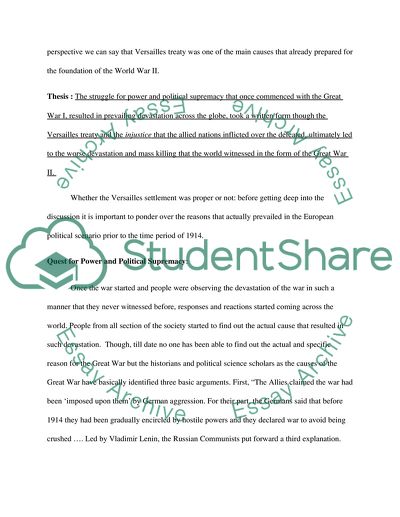Cite this document
(Was the Versailles Settlement Just Research Paper, n.d.)
Was the Versailles Settlement Just Research Paper. Retrieved from https://studentshare.org/history/1726221-was-the-versailles-settlement-just
Was the Versailles Settlement Just Research Paper. Retrieved from https://studentshare.org/history/1726221-was-the-versailles-settlement-just
(Was the Versailles Settlement Just Research Paper)
Was the Versailles Settlement Just Research Paper. https://studentshare.org/history/1726221-was-the-versailles-settlement-just.
Was the Versailles Settlement Just Research Paper. https://studentshare.org/history/1726221-was-the-versailles-settlement-just.
“Was the Versailles Settlement Just Research Paper”, n.d. https://studentshare.org/history/1726221-was-the-versailles-settlement-just.


